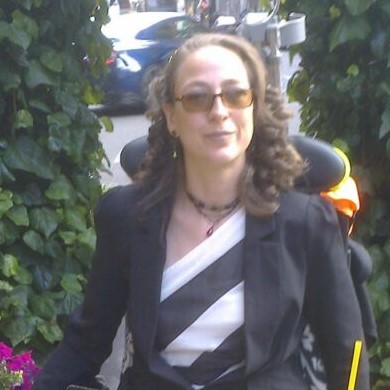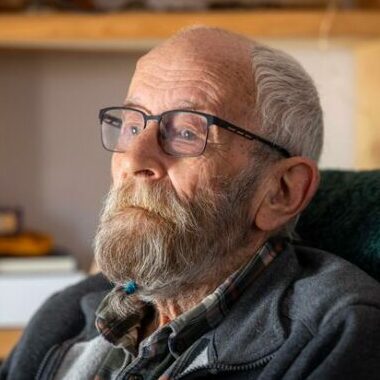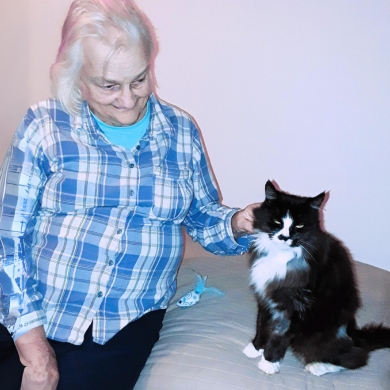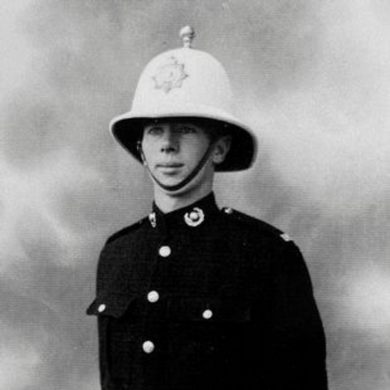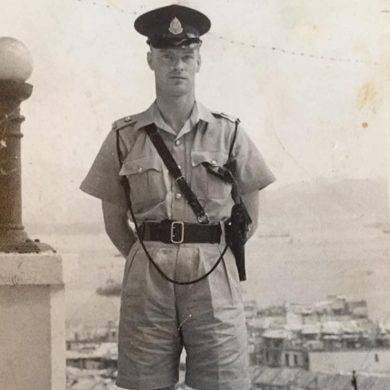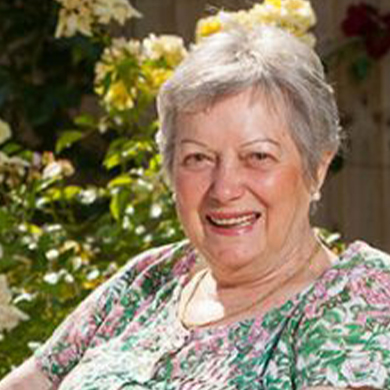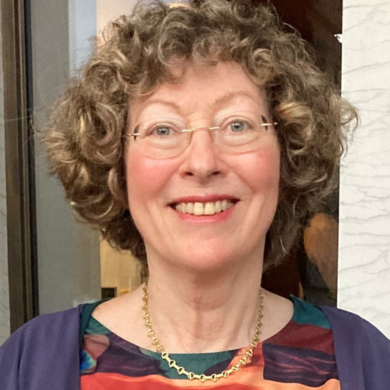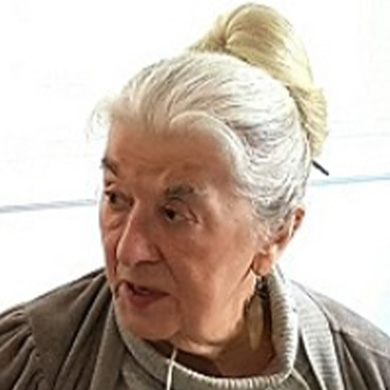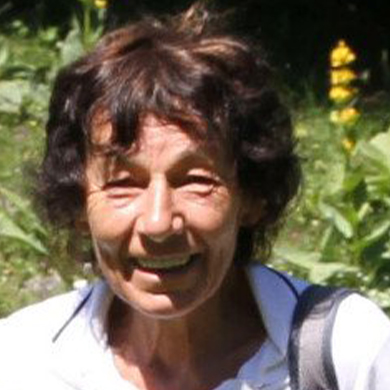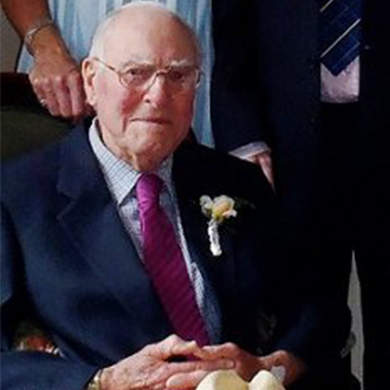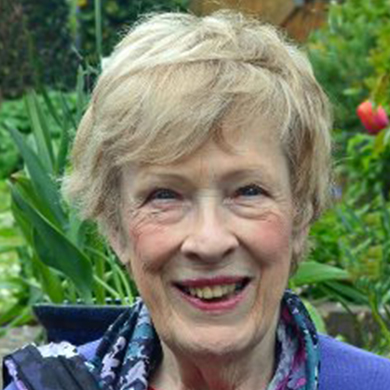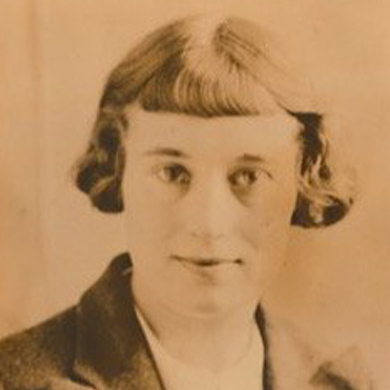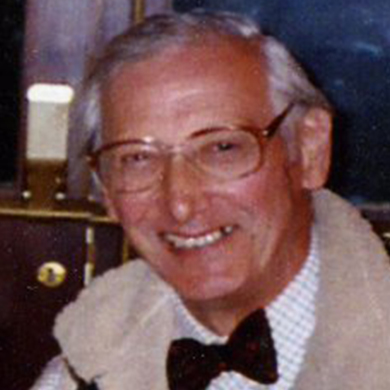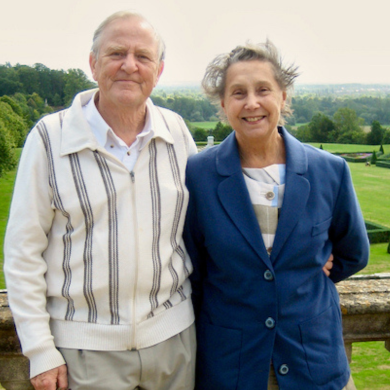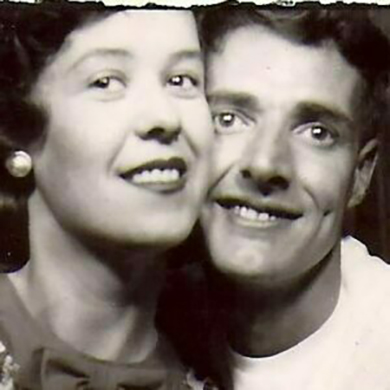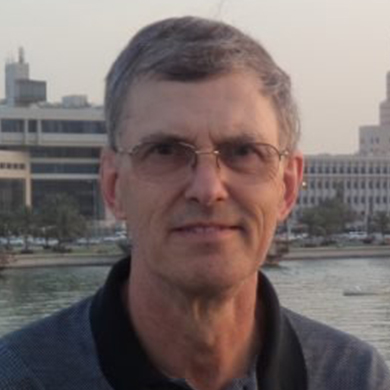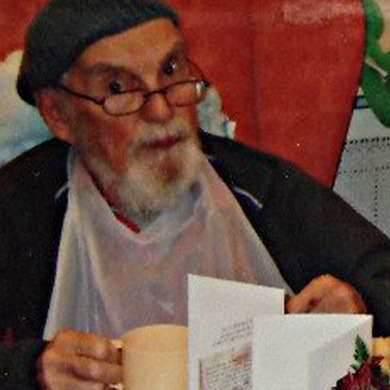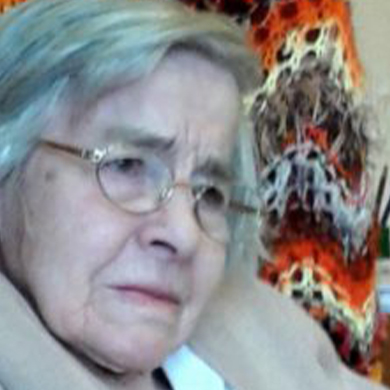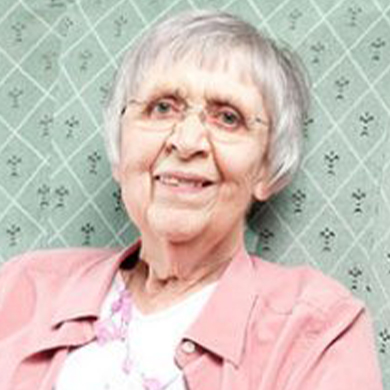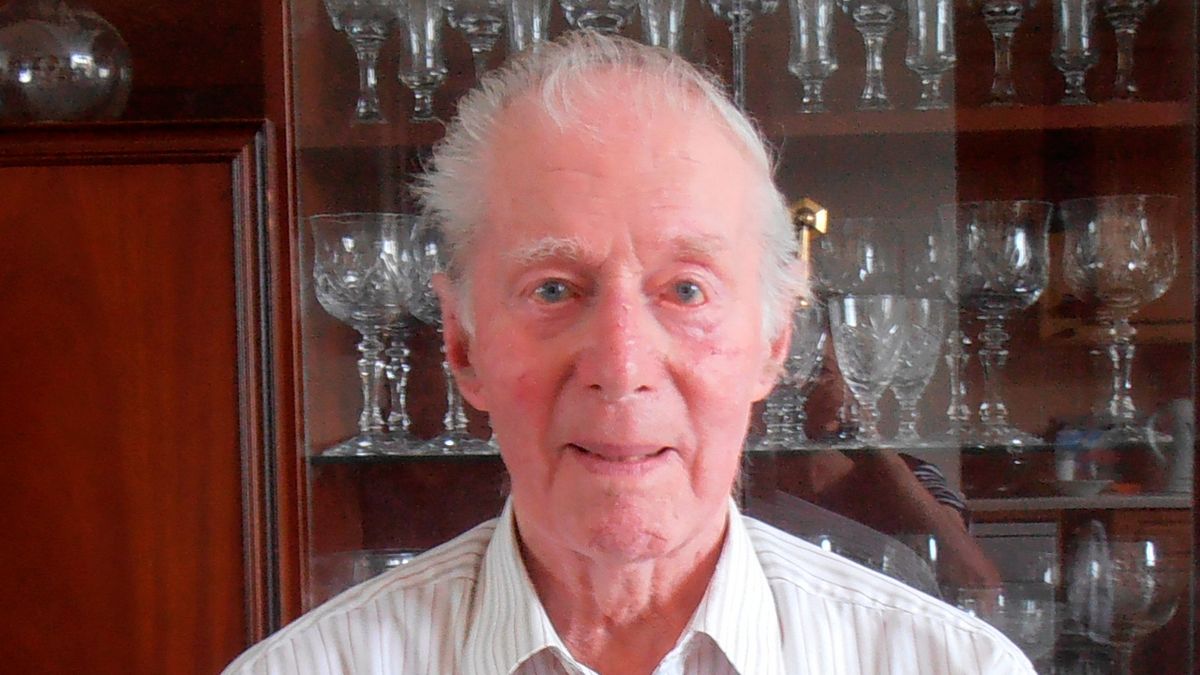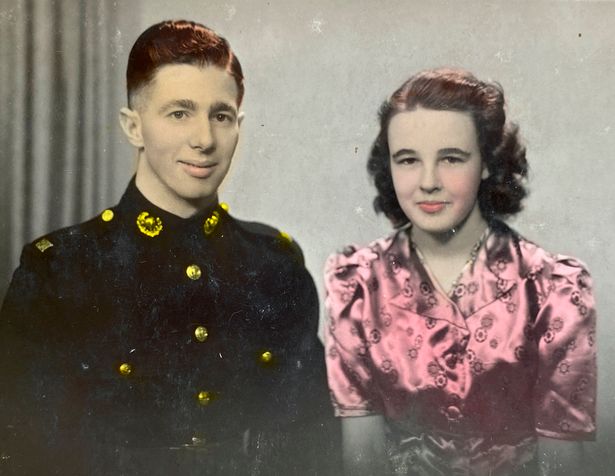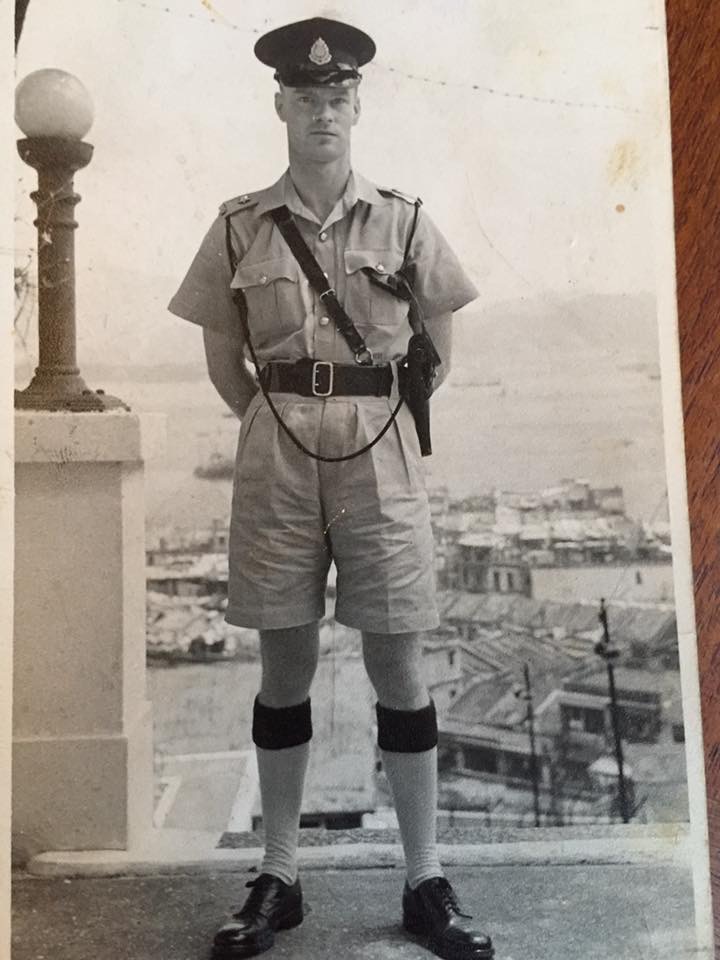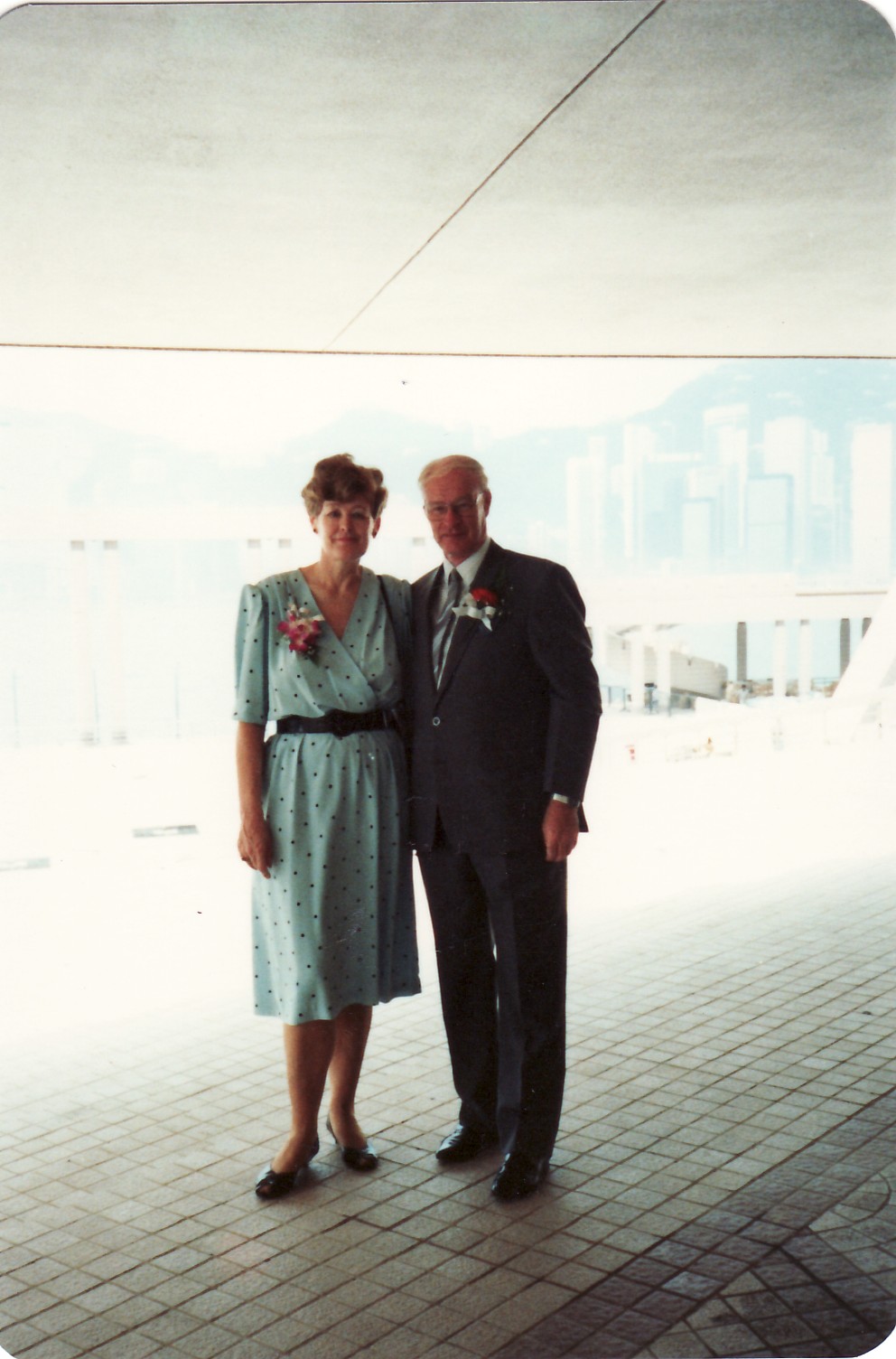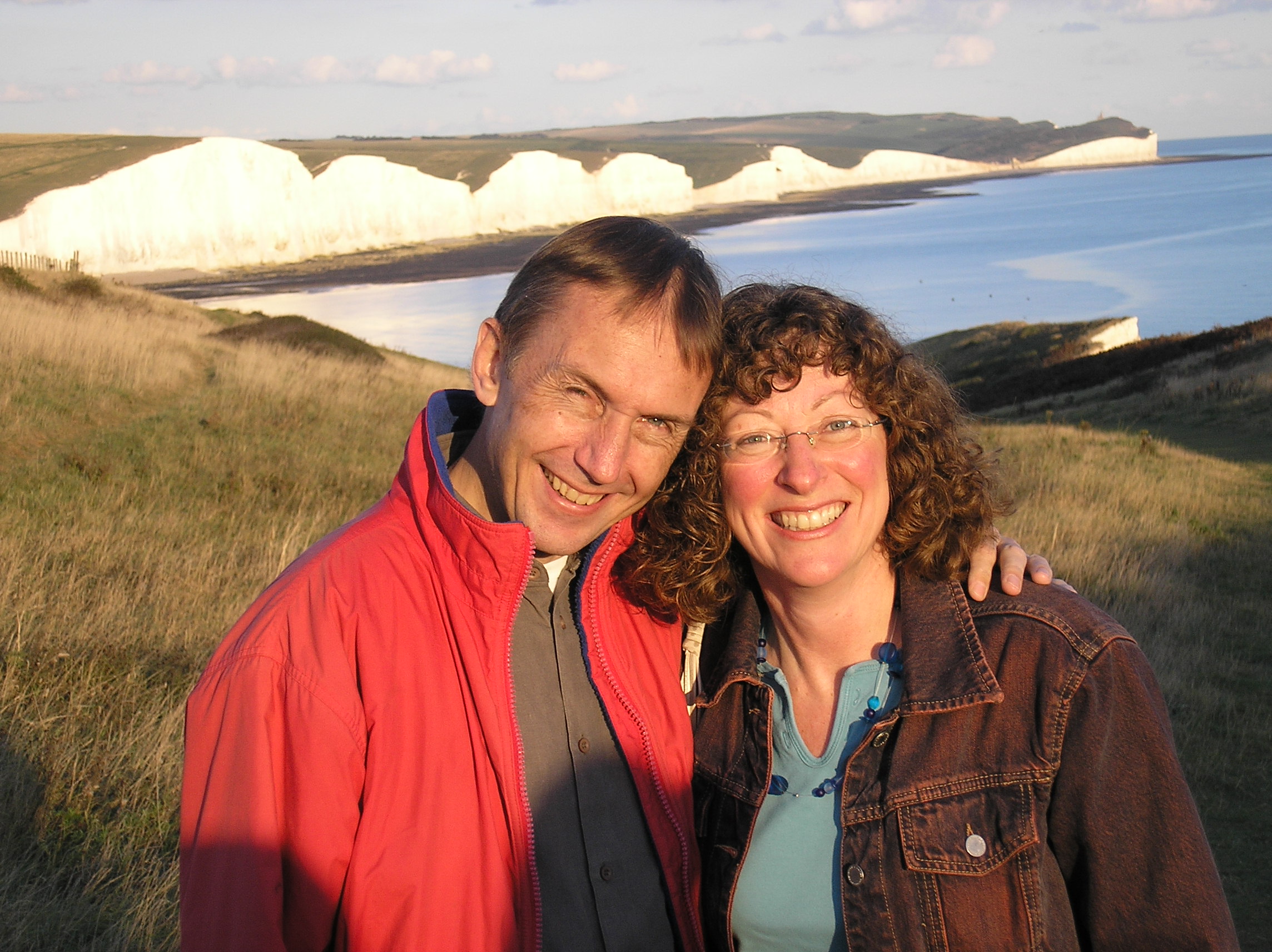PERSONAL STORIES
Every story matters.
Each one shows how our laws are broken and need to change.
Do you have a story that would be of interest to the campaign? Please contact us.
Members of our small but dedicated team are here to listen and handle your story with care. For those who are comfortable doing so, we may share your story on our social media channels and our website. In some instances, we may work together with you and journalists to share your story more widely.
If you prefer not to share your story publicly, we advise you to first get in touch with your MP to highlight your experience. You could also look to volunteer – if so please get in touch.
Most importantly, keep talking about this cruel law to whoever will listen. The law must change, and with your support, it will.
Here are just a few examples of some of the personal stories we have worked on in the media- Dan Tuckley, Tim Wardle and Jean Everleigh.

